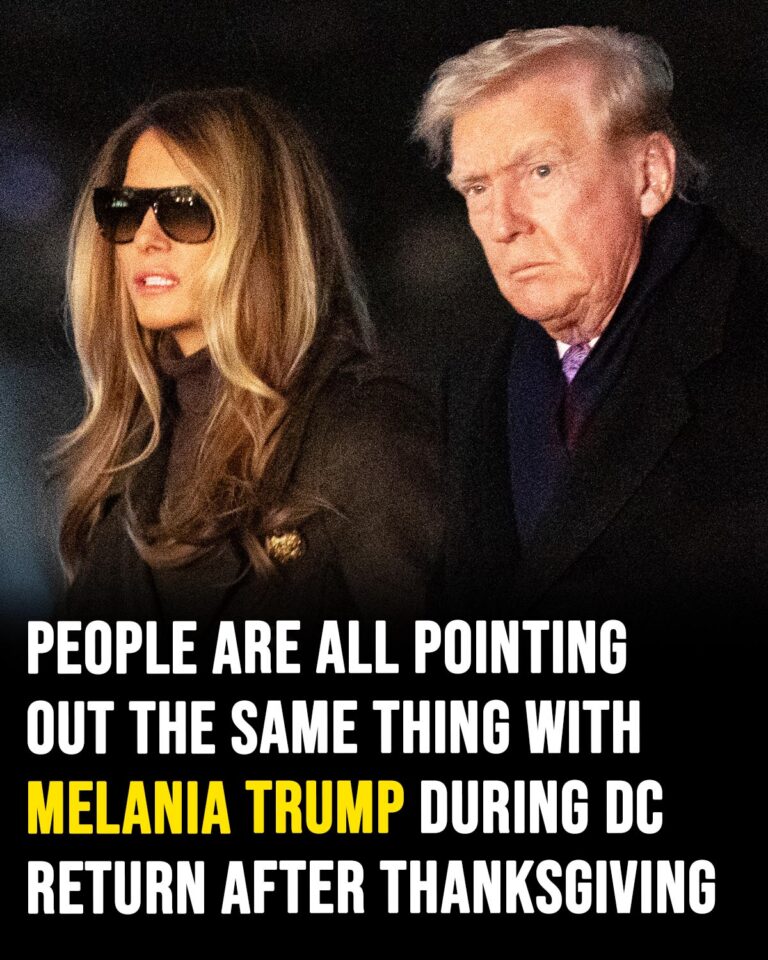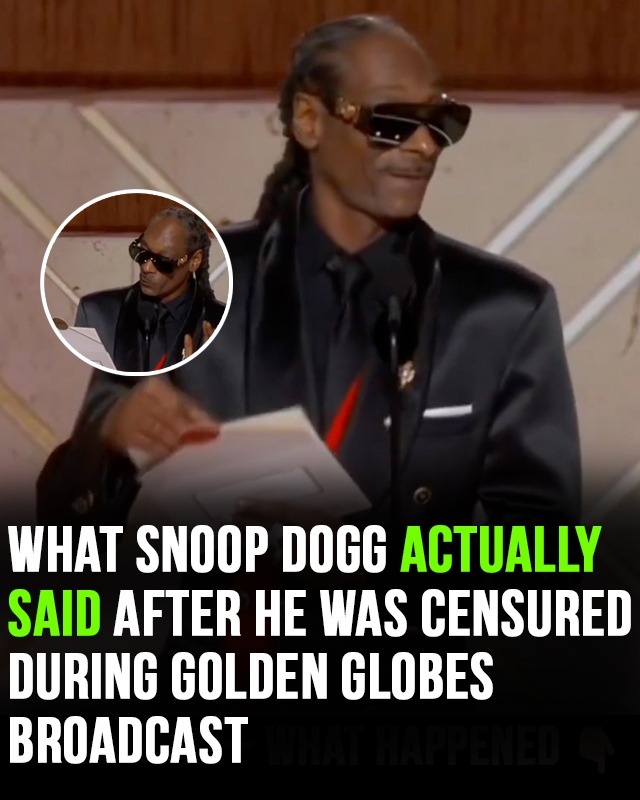BREAKING NEWS, Trump Declares War in Portland!
In a stunning escalation of political rhetoric, former President Donald Trump issued a fiery declaration aimed directly at Portland, Oregon, turning the city once again into a national flashpoint. His statement, delivered with his trademark force, left supporters energized and critics alarmed. To some, it sounded like a promise of decisive action against unrest. To others, it came across as an ominous threat that could push an already divided country closer to open conflict.
“We’re going to wipe them out. They won’t even stand the fight,” Trump said, referring to Antifa, a loosely organized movement he has frequently denounced as “Paid Terrorists.” For years, Trump has positioned himself as the singular figure willing to confront what he calls radical leftist violence. But with this latest outburst, he did more than call out a political adversary—he framed an entire city as a battlefield.
The choice of Portland as his target was not random. For much of the past decade, Portland has symbolized the struggle between left-wing activists and law enforcement, becoming ground zero for protests, counter-protests, and clashes that often spiraled into violence. Night after night, images of burning dumpsters, graffiti-sprayed courthouses, and police in riot gear flooded television screens across America. Conservatives held it up as evidence of lawlessness; progressives argued it was a sign of resistance against systemic injustice. By invoking Portland again in such extreme terms, Trump wasn’t just revisiting an old wound—he was reopening it with a sharper knife.
Supporters of the former president quickly rallied behind his words. Social media lit up with hashtags praising his toughness, framing him as a leader unafraid to confront what they see as chaos in liberal-run cities. “Finally, someone willing to fight back,” one supporter posted. Others described Portland as a symbol of failed Democratic governance, arguing that Trump’s approach was the only way to restore order. For this group, the declaration wasn’t just political theater; it was a rallying cry, a reminder of why they remain loyal to him even years after his presidency.
But if Trump’s base was energized, his critics were equally galvanized. To them, this wasn’t just rhetoric; it was reckless incitement. Political analysts and civic leaders across the spectrum warned that calling for Portland to be “wiped out” blurred the line between denouncing extremism and demonizing American citizens. “This kind of language isn’t about policy,” one critic argued. “It’s about stoking fear and painting fellow Americans as enemies of the state.” The concern was not hypothetical. In a country where polarization runs deep and armed groups often hover on the fringes of political movements, words like Trump’s carry a volatile weight.
The statement also raised larger questions about the role of language in leadership. History has repeatedly shown that the words of those in power can mobilize armies, inspire revolutions, and incite violence. When leaders choose the language of war, they signal not just strategy but intent. In Trump’s case, his choice of words suggested more than a crackdown on lawbreakers—it suggested a zero-sum battle in which entire communities could be cast as the enemy.
Yet beneath the bombast, the reality is more complex. Portland is not simply a stage for ideological warfare; it is a living city, home to families, workers, and students who often want nothing more than to live their lives in peace. For every protester marching downtown, thousands of residents are cooking dinner, commuting to work, or helping their children with homework. To frame the city as a war zone is to erase the humanity of the people caught in the middle.
This tension—between rhetoric and reality—underscores the challenge facing America today. How do we confront unrest without collapsing into authoritarianism? How do we condemn violence without condemning entire cities or movements? And perhaps most urgently, how do we heal when our leaders’ words are designed less to unify than to divide?
The reaction to Trump’s statement revealed the stark fault lines of American politics. His supporters see strength in the threat; his opponents see danger. In truth, both perspectives recognize the same reality: words matter, and Trump’s words have never been idle. Whether in tweets, speeches, or off-the-cuff remarks, his language has consistently shaped political battles in ways that outlast the news cycle.
The deeper challenge is that every declaration of war, even metaphorical, plants seeds. It encourages some to take matters into their own hands and hardens others in their resistance. It is no exaggeration to say that the language of battle risks becoming the logic of battle. Portland, like many American cities, has already paid a heavy price for being cast as a symbol. Its residents deserve more than to be turned once again into pawns in a political fight.
Strong words can inspire, but they can also inflame. They can draw people together, but just as easily they can tear a nation further apart. In this case, the rhetoric may echo far longer than intended, deepening divisions and feeding a cycle of anger that shows no sign of ending.
Portland is not just a headline. It is not just a testing ground for political slogans. It is a city of people who deserve to be seen as more than a battleground. At the heart of this moment lies a choice—not only for Trump but for the country. Will America’s leaders use their voices to heal or to harden? Will they choose to safeguard the nation’s soul or gamble it for applause?
That is the real war being fought—not on the streets of Portland, but in the language we accept from those who claim to lead us.


